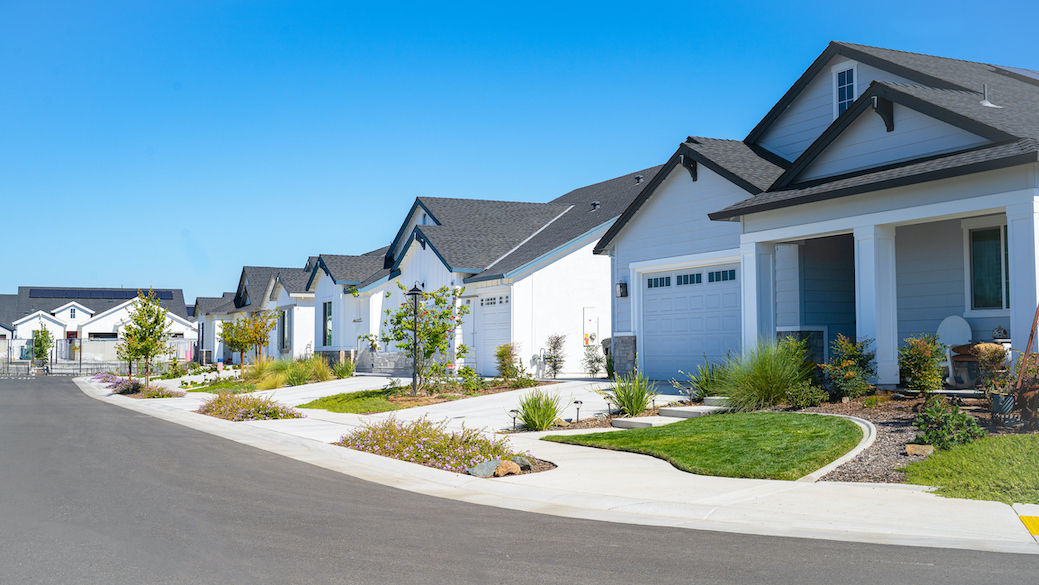
In today’s evolving retirement landscape, states such as Florida, Arizona, Texas, Nevada, and Tennessee are emerging as top contenders for retirees seeking a blend of affordability, favorable tax policies, and pleasant weather. Here’s an in-depth look at why these states are in the spotlight, along with a balanced view of their advantages and potential drawbacks.
Florida: The Sunshine State for Retirees
Florida continues to be a magnet for retirees thanks to its no state income tax policy. This tax benefit, combined with a wide range of affordable housing options, makes it an attractive destination. The state’s consistently warm climate and mild winters further enhance its appeal.
Pros:
- Tax Benefits: No state income tax helps stretch retirement dollars.
- Affordable Homes: A diverse range of housing options to suit different budgets.
- Climate: Warm weather and mild winters encourage an active outdoor lifestyle.
Cons:
- Crowding: Popular retirement communities can sometimes mean increased traffic and competition for housing.
- Seasonal Fluctuations: Tourist influxes during peak seasons may affect local prices and availability.
Arizona: A Desert Oasis for the Golden Years
Arizona offers retirees a tax-friendly environment, notably exempting Social Security benefits from state taxation. The state is also known for its reasonable home prices and a climate characterized by hot summers paired with mild winters, ideal for those who favor a sun-drenched lifestyle.
Pros:
- Tax Benefits: No state tax on Social Security benefits can ease the retirement budget.
- Affordable Homes: Home prices are generally reasonable, offering good value.
- Climate: Hot summers and mild winters create a distinctive, sunny environment.
Cons:
- Heat: The intense summer heat may require additional cooling measures or adaptations in daily routines.
- Water Resources: Concerns about water availability in the arid climate could impact long-term living considerations.
Texas: Big State, Big Retirement Benefits
Texas boasts a robust tax structure with no state income tax, paired with a diverse array of affordable housing options that suit various lifestyles. The state’s warm climate and mild winters offer an inviting backdrop for retirees looking to enjoy outdoor living year-round.
Pros:
- Tax Benefits: Absence of state income tax is a significant draw.
- Housing Options: A mix of housing choices from urban to suburban areas at affordable prices.
- Weather: Generally warm climate with mild winters supports an active lifestyle.
Cons:
- Urban Growth: Rapid urban expansion in major cities might lead to congestion and higher living costs in some areas.
- Varied Climate Zones: While many areas enjoy mild winters, some regions experience more extreme weather variations.
Nevada: A Desert Haven with Economic Incentives
Nevada offers retirees the financial perk of no state income tax alongside moderate housing prices. Its dry, warm climate appeals to those looking for a low-humidity environment, although the aridity comes with its own set of challenges.
Pros:
- Tax Benefits: No state income tax creates a favorable economic environment.
- Housing: Moderately priced housing options are available.
- Climate: The dry, warm climate is particularly attractive to those sensitive to humidity.
Cons:
- Limited Water Supply: The arid conditions might pose challenges with water resources.
- Economic Diversification: Some areas may experience less economic diversification, potentially impacting long-term investment in local amenities.
Tennessee: The Volunteer State with a Low Cost of Living
Tennessee rounds out the list with its low cost of living and appealing housing prices. Like its peers, it does not levy a state income tax, which significantly benefits retirees. The state enjoys a mild climate that many find comfortable year-round.
Pros:
- Tax Benefits: The absence of a state income tax offers a financial cushion.
- Affordable Homes: Low cost of living and accessible housing make it attractive for retirees on a fixed income.
- Climate: A mild climate provides a balanced environment without extreme weather fluctuations.
Cons:
- Infrastructure: Rapid growth in some areas may strain infrastructure and public services.
- Health Services: While improving, some rural areas may have limited access to specialized healthcare facilities.
As retirees evaluate these states, balancing tax advantages, affordable living, and climate preferences becomes crucial. While each state offers compelling benefits, potential challenges such as seasonal tourist influx, extreme heat, or infrastructure pressures should also be carefully considered. Retirees are encouraged to weigh these factors in relation to their personal lifestyles and long-term needs to choose the ideal destination for their golden years.
-Lê Nguyên Vũ-
Sources:
Here are some reputable sources where you can explore more in-depth information about retirement in these states:
- S. News & World Report – Best States for Retirement: Provides rankings and detailed analysis of various factors affecting retirement quality of life.
U.S. News Retirement Rankings - Forbes – Best States to Retire In: Features expert opinions and rankings on retirement-friendly states with insights on tax benefits, housing, and lifestyle.
Forbes Retirement Guide - Money Magazine – Best States for Retirement: Offers articles on retirement planning, including comparisons of tax policies, housing affordability, and overall living conditions in different states.
Money Magazine Retirement - State Government Websites: For the most accurate and detailed information on tax policies and housing markets, consider visiting the official websites of each state (Florida, Arizona, Texas, Nevada, and Tennessee).
These sources provide valuable insights and up-to-date data to help you make informed decisions when planning your retirement.
